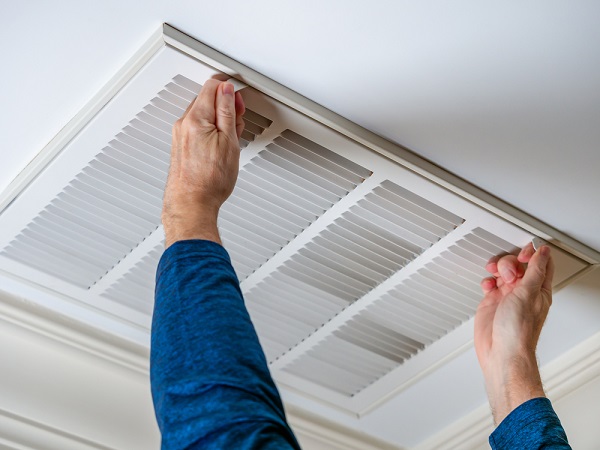Like a car needing an oil change, regular cleaning of an air conditioning unit is essential for optimum performance. This article will examine the importance of routine maintenance and provide a detailed guide to doing so safely and effectively. It aims to equip readers with the necessary knowledge and skills to ensure their air conditioning unit remains in excellent working condition, promoting efficiency, longevity, and cost savings.
Key Takeaways
- Regular maintenance and cleaning of air conditioning units is crucial for optimal performance and prolonging the lifespan of the unit.
- Cleaning ensures safe indoor air quality by preventing the growth of harmful microorganisms and reducing the risk of respiratory illnesses.
- Well-maintained air conditioning systems operate more efficiently, leading to energy conservation and cost savings.
- Regular cleaning helps extend the life expectancy of AC units by preventing wear on components, reducing the risk of breakdowns and costly repairs.
Understanding the Importance of Regular Air Conditioner Cleaning
Regular maintenance and cleaning of air conditioning units is crucial not only for optimal performance but also for prolonging their lifespan and ensuring safe indoor air quality. This practice has significant health implications and contributes to energy efficiency.
The accumulation of dirt, dust, and biological contaminants within an air conditioner can foster the growth of harmful microorganisms, which may lead to respiratory illnesses if inhaled. A clean unit reduces this risk by preventing the circulation of these pollutants in indoor environments.
Moreover, a well-maintained air conditioning system operates more efficiently. When filters are clogged with debris, airflow is obstructed, causing the unit to work harder and consume more energy. Regular cleaning prevents such obstructions, reducing energy use and decreasing utility costs.
In addition to protecting health and promoting efficiency, regular cleaning extends the life expectancy of an AC unit. It prevents wear on components caused by excess strain from operating under suboptimal conditions.
Therefore, it becomes clear that belonging to a community attentive to regular AC maintenance translates into benefits related to health safety, energy conservation, cost savings, and equipment longevity. Recognizing these advantages underscores the importance of incorporating routine cleaning into any comprehensive home or building management strategy.
Step-by-Step Guide to Cleaning Your Air Conditioner
Understanding the sequential process involved in maintaining HVAC systems can greatly enhance their performance and longevity. The first phase involves a careful dismantling process, ensuring that all components are handled with due diligence to prevent damage. This entails unfastening screws, detaching panels, and removing the outer casing to reveal the internal mechanism.
The next critical step is filter replacement which should be done on a regular basis. Filters work tirelessly to capture dust particles and other pollutants from circulating within indoor environments. Thus, they inevitably accumulate dirt over time which could significantly hamper the system's efficiency if not replaced promptly.
Safety precautions cannot be overstated during this entire exercise. One must ensure to disconnect power supply before initiating any cleaning procedures, thereby eliminating potential electrical hazards. Protective gear such as gloves should be worn at all times to safeguard against injury.
This technical discourse aims to foster an inclusive community of individuals who value optimal functioning of their HVAC systems. Implementing these maintenance practices ensures one belongs in an echelon of responsible homeowners dedicated towards enhancing indoor air quality through efficient HVAC management.

